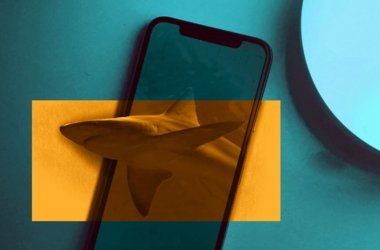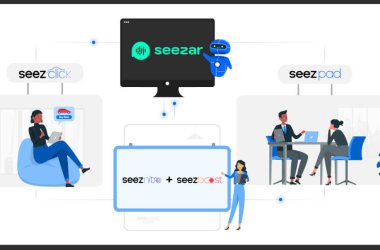 A survey of the networking priorities of 130 hospitals found that about 85% support the use of personal devices like iPads, Blackberries and Android smartphones at work. The survey, performed by Aruba Networks , focused mainly on network issues and showed varying levels of access to business apps through employees’ devices.
A survey of the networking priorities of 130 hospitals found that about 85% support the use of personal devices like iPads, Blackberries and Android smartphones at work. The survey, performed by Aruba Networks , focused mainly on network issues and showed varying levels of access to business apps through employees’ devices.
Of the 85% who indicated they support physician and staff use of personal devices at work, 53% said that the workers are currently relegated to Internet access only, while 24% provide limited access to hospital applications. Only 8% currently enable full access to the hospital network from user-owned devices, the survey showed.
76% of respondents said they provide Internet access to patients and visitors, with 58% doing so through open networks without password protection. 75% also noted that their hospital applications are available remotely to clinics, physicians and others.
In November, research firm IDC Health Insights conducted its own survey of 50 healthcare CIOs — 25 in the U.S. and 25 in Western Europe. The results were similar to those found by Aruba Networks.
In the IDC survey, 40% said staff could connect into the hospital’s production network with their own devices, 24% allow physicians to use their own device but only to access the Internet, 12% said staff could use a personal device but not connect to any network and 4% allow no personal devices.
“Certain bring-your-own-device strategies present certain security risks: the introduction of mobile malware onto a hospital network, for example,” said Lynne Dunbrack, IDC Health Insights program director.
The top concern among security risks is that a device might be lost or stolen, which forces CIOs to determine the level of their security policies. “Do you wipe the entire device, or do you partition it so that you only wipe the sensitive data on that device?” Dunbrack said.
Aruba’s survey also indicated that electronic medical records (EMR) applications are far and away the most-often supported applications on mobile devices, with 60% of respondents indicating that’s what they were allowing employees to connect to through their devices. EMRs were followed by PACS (picture archiving and communication systems), Secure Messaging, and Voice over IP (VoIP), each in the 30% range.
“BYOD has really become an increasing issue for us in the past year,” Bryan Safrit, a senior network architect for Rex Healthcare said. “Much more of the traffic we see is from iPhones, iPads and Android devices. Without the ability to differentiate users and enforce policies, our BYOD traffic could overwhelm our bandwidth.”
An overwhelming majority of the respondents to the Aruba survey indicated they support the use of Apple iPads and iPhones; Blackberries were also more popular than Android smart phones.
iPads were supported by 83% of those surveyed; 65% said they support iPhones and iPod touches. 52% support Blackberry devices, while only 46% said the same for Android-based devices, according to the survey.
IDC’s November survey also showed iOS devices were the most highly supported (31.8%), followed by Blackberries (27.3%), Windows phones (11.4%), Android OS devices (9.1%), Symbian OS 4.5%, and others 2.3%. The remaining 13.6% of those surveyed by IDC said they had no preferred mobile platform.
Desktop virtualisation was also highly touted as a supporting technology for BYOD infrastructures. In the Aruba survey, 58% said that they currently use or plan to use desktop virtualisation solutions such as Citrix to enable hospital application use on iPads; 45% said they would use in-house or third-party applications.
93% of respondents said they run their own network infrastructure, as opposed to outsourcing it to a network service provider
The survey revealed that 50% of respondents plan to expand or refresh their Wi-Fi infrastructure over the next year; while 35% said the same for their wired networks.
According to IDC, during the next 24 months, the top apps on mobile devices in healthcare are going to be EMRs or ePrescribing, Lab diagnostic test results, medical image retrieval or nursing documentation, physician documentation or medication administration and drug database access.





